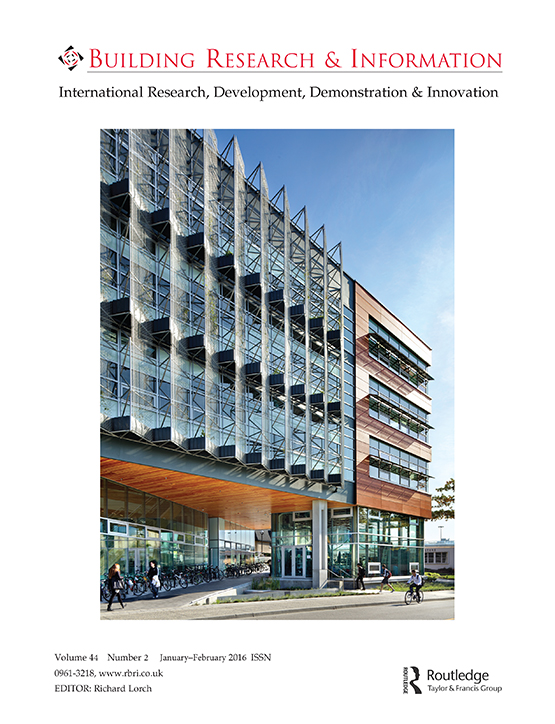Several frameworks incorporate social and psychological elements of environmentally significant behaviour, and most assume cognitive and deliberate decision-making. Household energy consumption behaviours, however, span a spectrum from reasoned and deliberate to unplanned and automatic. The aim of this paper is to advance knowledge of reasoned and unplanned behaviours in the context of pro-environmental action. Using results of a survey administered to occupants of an urban residential green building, this study explores five household consumption behaviours and tests the hypothesis that unplanned behaviours will be poorly predicted by a reasoned, values-based behavioural framework. Using path analyses, variables in a values-based framework are used to predict surveyed behaviours. Findings indicate that behaviours hypothesized to be unplanned were not well predicted by the values-based framework. The framework successfully predicted what was hypothesized to be a fully reasoned behaviour. Three potential reasons are discussed for the lack of prediction of some behaviours. A deeper understanding of how unplanned, automatic or habitual behaviours intervene in conservation intentions can help policy-makers and building designers better respond to influences of occupant behaviour on building performance.
Distinguishing Between Green Building Occupants’ Reasoned and Unplanned Behaviors
Citation:
Elizabeth L. Hewitt, Clinton J. Andrews, Jennifer A. Senick, Richard E. Wener, Uta Krogmann & MaryAnn Sorensen Allacci (2016) Distinguishing between green building occupants’ reasoned and unplanned behaviours, Building Research & Information, 44:2, 119-134, DOI: 10.1080/09613218.2015.1015854
